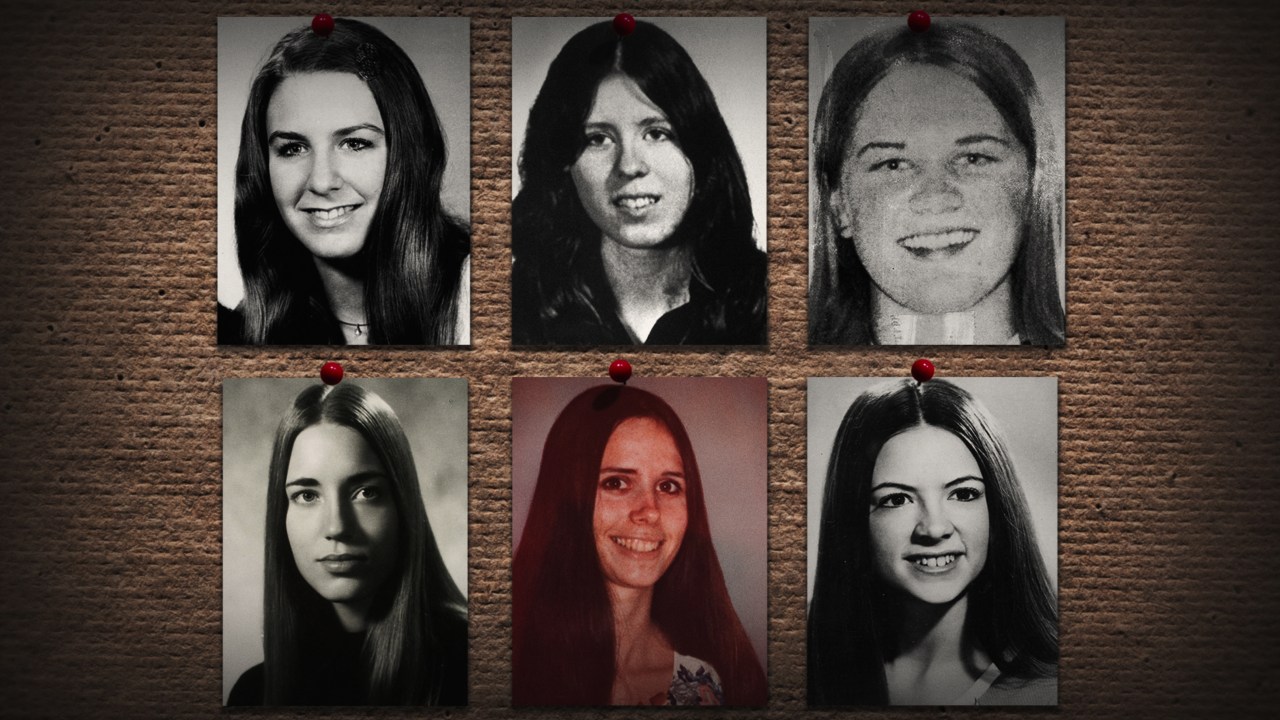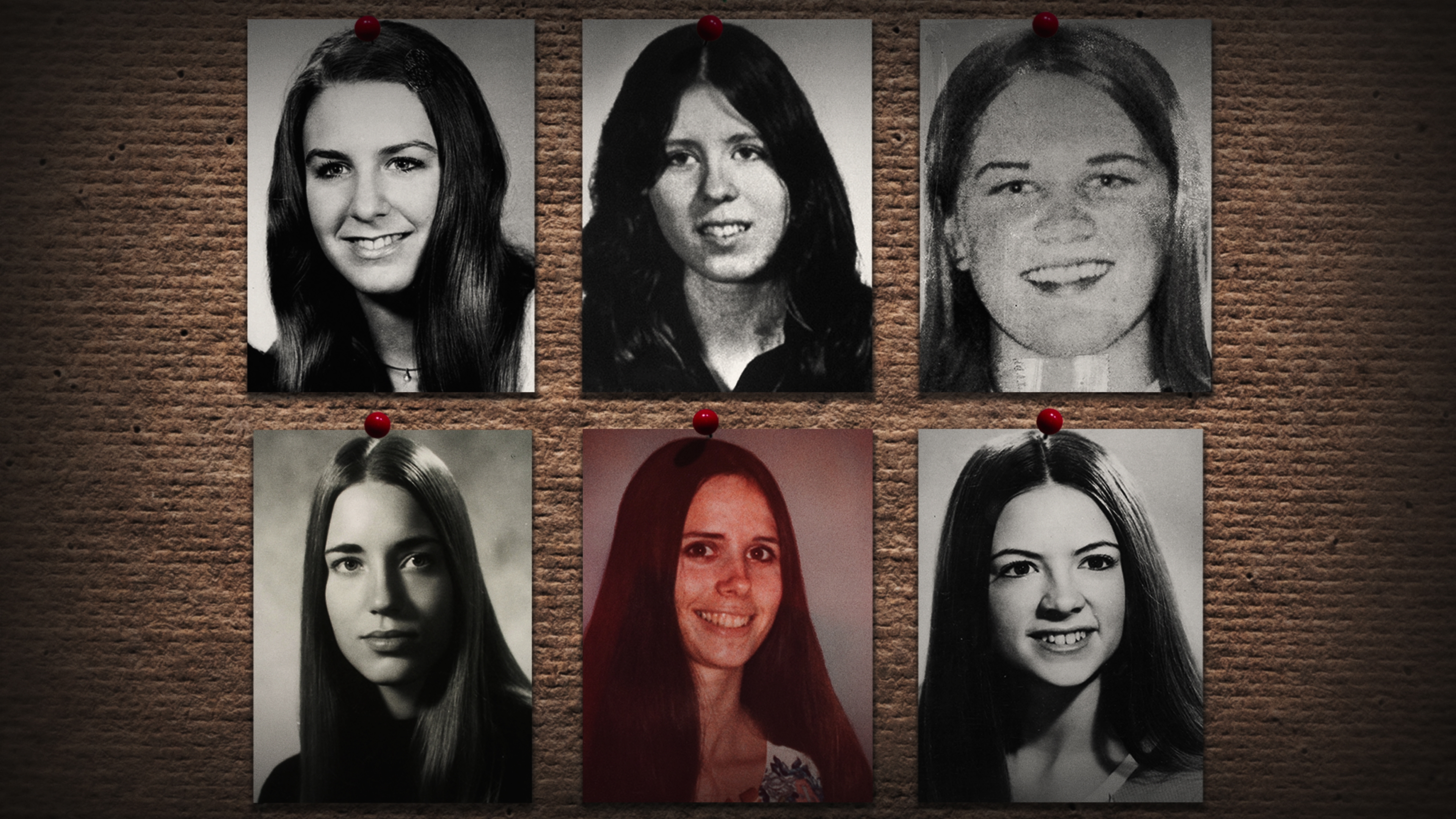I connect to Netflix for yet another evening of no-choice entertainment. Well, I suppose I could take a turn around the room, mulling over the local gossip before playing a few notes on a musical instrument. But wait, there is NO gossip under this relentless lockdown, and I don’t have a musical instrument. So, as someone who is proud of my prolific TV habit I scroll through the crime section, and can’t help but notice the saturation of serial killer themed documentaries and dramas on offer.
Night Stalker, Serial Killer with Piers Morgan, Confessions of a Serial Killer, Inside the Criminal mind, Mrs Serial Killer, Psychopath, Mindhunter, Evil Genius, Killer Women.
I have spent my entire adult life campaigning to end violence against women and girls, and, as a founder of the feminist law reform group Justice for Women, which primarily deals with the issue of women who kill violent male partners as a response to domestic violence, you would think I have had a gut-full of blood and gore. Add to the mix the fact that I believe I was once followed by the serial killer Peter Sutcliffe only days prior to him murdering his final victim, you would be forgiven for assuming that I hate the serial killer genre.
Sometimes, a serial killer drama will come along that gives a valuable insight into a profound but hard-to-grasp truth about murderous men
But for me, and also other women that deal with femicide in real life, serial killer drama can prove the perfect escapism. Friends often look at me like I am totally bonkers when I say this, asking why I opt for a busman’s holiday, and suggesting I switch to Romcom or costume drama. But for me and many other women who watch such programmes, such dramas where the perpetrator is not only caught in the end but given a sound pasting by the arresting cop is so satisfying in a world where violence against women is off the scale.
It can also provide us with the opportunity to better understand the devastating effects of such crime, to empathise with the victims, and to face facts that the men that commit such atrocities towards women hate us. Understanding this can galvanise us to action.
But – and it is a serious but – I require my crime series to represent the true nature of such murderous rage, and not to merely set the female characters up as one-dimensional creatures there to be raped and murdered by the main protagonist. That is why I refuse to watch exploitative tosh such as the documentary on Ted Bundy, Conversations with a Killer, because it gives the impression that men who commit such dreadful crimes against women are monsters, and that Bundy is fascinating because he was handsome. Not only is this a major disrespect of his victims, but we learn nothing from it.
Alice Bolin in her fascinating book Dead Girls (2018) examined the widespread societal obsession with women who are raped, tortured, and snuffed out, and whose bodies and corpses are there to simply add titillation to the men’s stories. In all these dramas, it is the killer who is front and centre.
Contrast the above with the brilliant series Ted Bundy: Falling for a killer by the Canadian journalist and feminist Trish Wood. The series focusses on the women murdered and otherwise affected by his crimes, and within a context of an emerging women’s liberation movement and the misogynistic backdrop to the murders.
In the meantime, I am planning on watching the BBC real-life crime drama The Investigation which centres the case of the murdered journalist Kim Wall. The killer, apparently, is not even named. We see how dedicated police officers snared her killer. It will be the perfect antidote for me to balance out the endless work I do investigating unsolved murders and writing about men getting away with rape.
Sometimes, a serial killer drama will come along that gives a valuable insight into a profound but hard-to-grasp truth about murderous men. Take The Fall, a drama series based on Detective Superintendent Stella Gibson tracking down serial killer Paul Spector. The Spector character is so very frightening because he is an ordinary family man. The idea that these men are monsters can derail entire police investigations and also lead to their victims being disbelieved.
When I was interviewed for the Netflix series The Ripper on the Peter Sutcliffe case I told the producer that I hoped viewers would learn something about the misogyny that fuelled Sutcliffe’s murderous reign. Surely that matters more than seeking pure entertainment from the mutilated bodies of women.







Comments